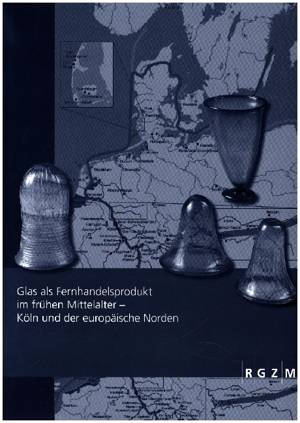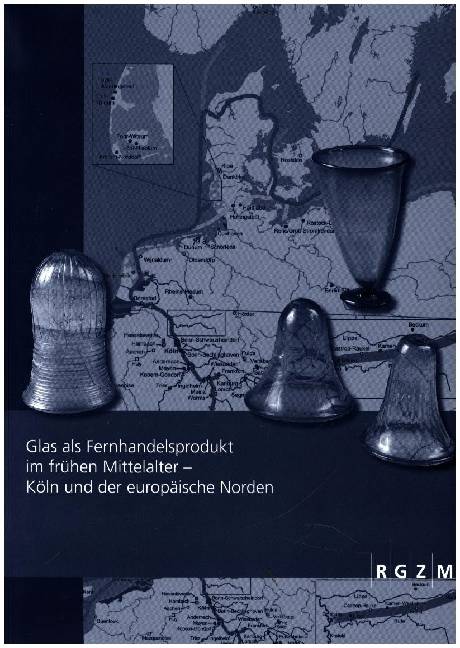
Bedankt voor het vertrouwen het afgelopen jaar! Om jou te bedanken bieden we GRATIS verzending (in België) aan op alles gedurende de hele maand januari.
- Afhalen na 1 uur in een winkel met voorraad
- In januari gratis thuislevering in België
- Ruim aanbod met 7 miljoen producten
Bedankt voor het vertrouwen het afgelopen jaar! Om jou te bedanken bieden we GRATIS verzending (in België) aan op alles gedurende de hele maand januari.
- Afhalen na 1 uur in een winkel met voorraad
- In januari gratis thuislevering in België
- Ruim aanbod met 7 miljoen producten
Zoeken
Glas ALS Fernhandelsprodukt Im Fruhen Mittelalter - Koln Und Der Europaische Norden
Zwei Workshops im Rahmen des DFG-Schwerpunktprogramms »Häfen von der Römischen Kaiserzeit bis zum Mittelalter«, ausgerichtet vom Römisch-Germanischen Museum zu Köln, 8.-10. November 2016 und dem Sydvestjyske Museer in Ribe / Dänemark, 20.-22. März 2018
€ 98,45
+ 196 punten
Omschrijving
The Six-Year Priority Programme (SPP) 1630 "Ports from the Roman Imperial Period to the Middle Ages", funded by the German Research Foundation (DFG), led to an interdisciplinary and networked cooperation between several project groups - Rhine, North Sea, Baltic Sea and inland ports - with research on early medieval glass finds at ports. External institutions and persons dedicated to research on the production and distribution of glass in the early Middle Ages were also included in the exchange taking place within the priority programme. The cooperation linked different regions: the Frankish Empire and the territories of the Frisians, Saxons, Vikings and Slavs. Without the SPP, such networked and far-reaching research would not have been possible. The sub-project "The Early Medieval Port of Cologne - Production Site and Export Port for Glass" with the glass workshops of the Merovingian and Carolingian periods recorded there, which were archaeologically and scientifically evaluated, forms the starting point for research on the early medieval economic history of glass in this volume. The twelve contributions are based on lectures given at two conferences organised by the Romisch-Germanisches Museum of the City of Cologne (9-10 November 2016) and the Sydvestjyske Museum in Ribe, Denmark (20-22 March 2018).
Specificaties
Betrokkenen
- Uitgeverij:
Inhoud
- Aantal bladzijden:
- 274
- Taal:
- Duits
- Reeks:
- Reeksnummer:
- nr. 46
Eigenschappen
- Productcode (EAN):
- 9783884673577
- Verschijningsdatum:
- 19/12/2022
- Uitvoering:
- Paperback
- Formaat:
- Trade paperback (VS)
- Afmetingen:
- 21 mm x 15 mm
- Gewicht:
- 6976 g

Alleen bij Standaard Boekhandel
+ 196 punten op je klantenkaart van Standaard Boekhandel
Beoordelingen
We publiceren alleen reviews die voldoen aan de voorwaarden voor reviews. Bekijk onze voorwaarden voor reviews.








